Space & Time: Data that cover both push the boundaries of ecology
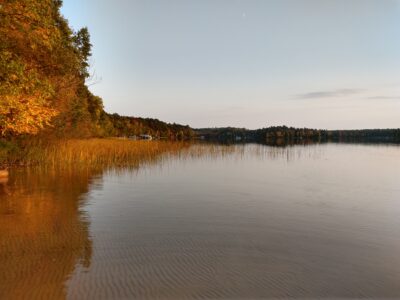
A new paper by Dr. Andrew Rypel uses long-term datasets to reveal spatial and temporal variation for fish in Wisconsin lakes.

A new paper by Dr. Andrew Rypel uses long-term datasets to reveal spatial and temporal variation for fish in Wisconsin lakes.
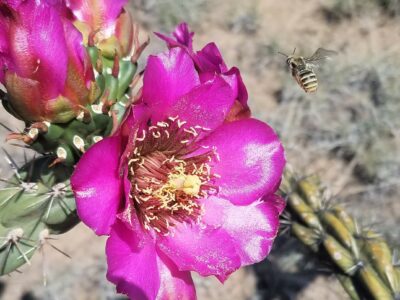
Life in the Chihuahuan Desert endures amid extremes, so the desert’s inhabitants make the most of brief moments to sustain biodiversity.
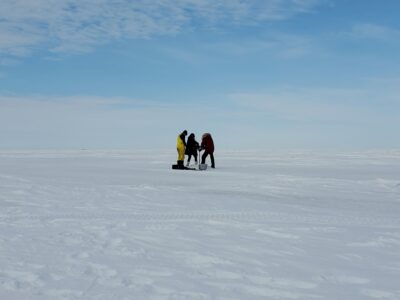
In Arctic lagoons, life persists through cold and dark winters, but few people are able to study and understand the bizarre life under sea ice. With chemical biomarkers and insight from local communities, food web ecologists are beginning to uncover how these organisms thrive in the harsh winter, and how they will continue to survive in the ever changing Arctic climate.
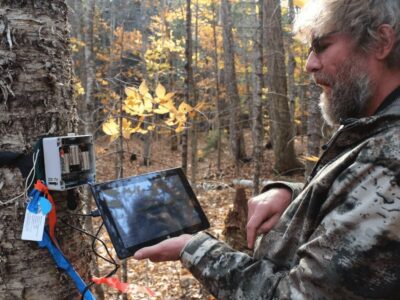
https://edirepository.org/featured/featured-20210901.00
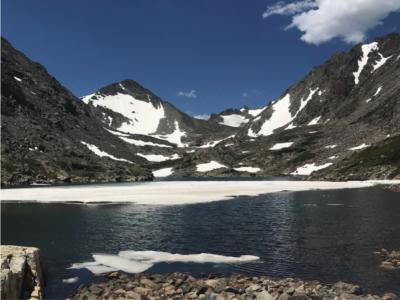
Long-term research at the Niwot Ridge LTER reveals alpine lakes are seeing longer ice-free periods in the summer, a consequence of a changing climate.
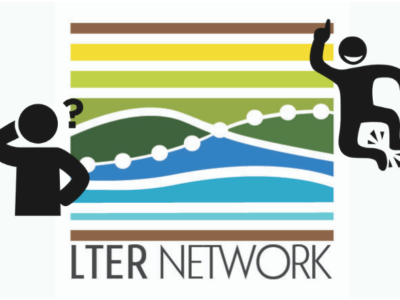
Each year, scores of new students, staff members, and investigators join the LTER Network. They dive right in to working on their site-based research, but sometimes don’t discover — until much later — the array of resources, colleagues, and expertise that the Network offers. This brief (90-minute) network orientation session serves to introduce new LTER… Read more »
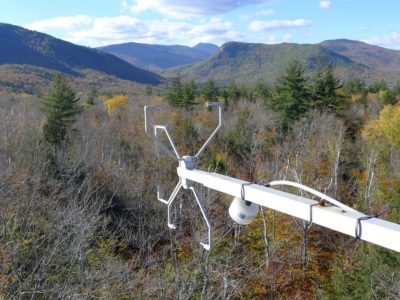
Scientists have been consistently documenting environmental changes at research sites like this one in the Cascade Mountains for decades. US Forest Service Michael Paul Nelson, Oregon State University and Peter Mark Groffman, CUNY Graduate Center Record-breaking heat waves and drought have left West Coast rivers lethally hot for salmon, literally cooked millions of mussels and… Read more »
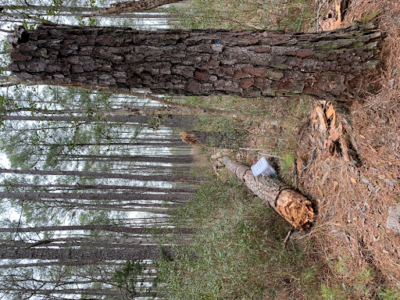
Spend a day in the field with Virginia Coast Reserve researchers as they investigate ghost forests formed by sea level rise.
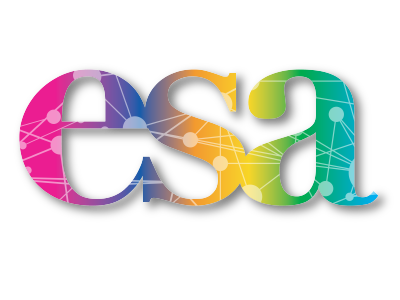
In 2021, the Ecological Society of America Meeting will be fully online. Tracking down LTER talks and sessions has been a bit more challenging this year than in previous years. Please use the form at the end of this page to submit your talk, session, or poster and the LTER Network Office will continue to… Read more »
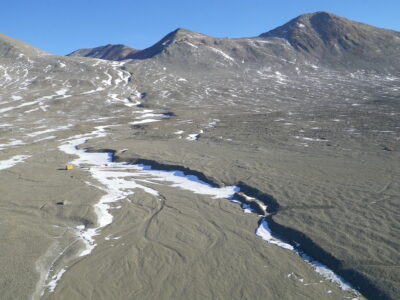
By harnessing decades of rich data, scientists are beginning to forecast future conditions and plan ways to manage, mitigate, or adapt to likely changes in ecosystems that will impact human economies, health and wellbeing.